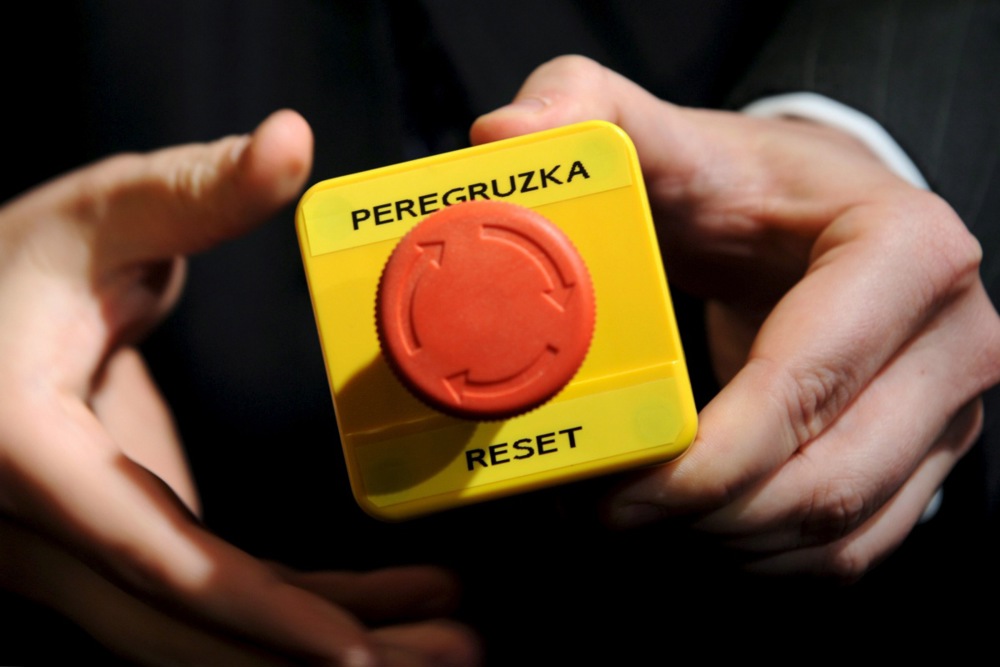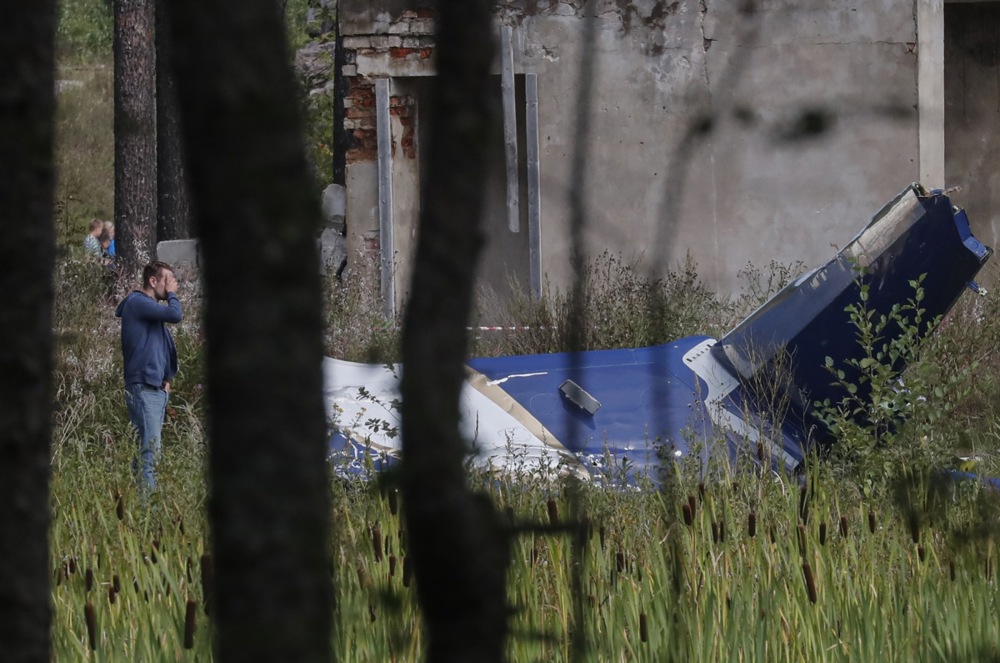The most obvious international interference so far in next Sunday’s Polish general election has been the Ukrainian-Polish grain dispute. This has garnered global headlines.
The most direct consequence of Zelenskyy’s trade demands being accepted would potentially be a defeat of PiS in the election, given that farmers in Eastern Poland are core PiS voters. It may appear puzzling that Zelenskyy might desire this, considering PiS’s vehement anti-Russian position. There is an explanation for this apparent paradox.
In 2022, a massive quantity of Ukrainian grain entered the Polish market. Most types of Ukrainian grain did not meet EU quality standards, but some could still be sold in the Polish market.
The result was chaos, as some dealers bought the wrong types of grain. The immense quantities and difficulty distinguishing between types of grain made it impossible for Polish authorities to implement effective controls. Prices collapsed below profitable levels, preventing many Polish farmers from selling their crops.
On September 18, 2023, Ukraine filed a lawsuit at the World Trade Organization (WTO) against Poland (as well as Slovakia and Hungary), following its decision to unilaterally impose a ban on Ukrainian agricultural goods in its internal market while still allowing transit through its territory.
Zelenskyy’s decision shocked Polish public opinion. Ukraine’s attitude toward Poland is now widely perceived as unreasonably uncompromising. The disappointment is vivid and visceral. According to a Pollster poll, 66 per cent of Poles support the embargo, 17 per cent don’t know, and only 17 per cent are against. The trade dispute has rekindled criticism of Ukraine that had nearly evaporated.
Grain is merely a pretext. It seems to me that Zelenskyy is being pushed by the European Commission and Germany to confront the Polish government for two reasons.
The first is that the European Commission aims to force Poland into agreeing to new budget terms by including aid for Ukraine in a single budgetary package. Poland has blocked this unresolved EU budget due to the country’s exclusion from the Coronavirus Recovery Fund.
The second significant point is Germany’s ambition to transition the EU into a federal entity, which requires Poland to relinquish its veto right in exchange for enlargement. As reported by Deutsche Well, on September 24 German Deputy Minister of Foreign Affairs Anna Luehrmann confirmed that “eliminating the veto in the EU would be a condition for enlargement”. PiS opposes abandoning the veto; Zelenskyy logically needs to remove this obstacle to comply with German demands.
None of this actually comes as a surprise. On August 9 former Minister of Foreign Affairs and Member of the European Parliament Witold Waszczykowski highlighted three core problems in Ukraine’s relationship with Poland.
First, he contended that Ukraine lacked a comprehensive understanding of the European Union’s internal mechanics.
Second, he pointed out that Ukraine had consciously chosen to align its security policy with Germany. He argued that Ukraine believed that Berlin – backed by the U.S. Administration – would dominate in determining EU and security policies while sidelining Warsaw.
Lastly, Waszczykowski noted that Ukraine was actively pushing for governmental change in Poland. He said Ukraine erroneously thought that a return of the Civic Platform to power would result in a more accommodating stance towards Kyiv and a willingness to align with German policies. He stressed that Ukraine failed to realize that Germany was not interested in a free and sovereign Ukraine but rather aimed to quickly resolve the conflict with Russia, even if it meant territorial concessions.
The tensions between Poland and the EU have escalated in recent weeks. The European Parliament held a debate on Poland’s “visa scandal” two weeks before Poland’s general election, breaching its own guidelines against such debates within six weeks of elections.
The issue revolves around allegations that Polish officials were involved in visa sales in Asia, facilitating migration to Germany. The investigation by the Polish Anti-Corruption Agency has so far uncovered 268 cases involving bribery of consular officials. It could be more, but never the less the discrepancy between the number of cases and the magnitude of the reaction is astonishing. The timing is more than suspicious.
Chancellor Olaf Scholz’s recent remarks during a campaign visit to Bavaria also shed light on his suddenly renewed interest in Polish politics: “I don’t want Poland to simply wave people through and then have a discussion about our asylum policy afterwards”. His observations were met with a dose of scepticism by most Polish analysts given Germany’s weaker stance regarding the migrant crisis in the Mediterranean and its support for the so-called European Voluntary Relocation Mechanism. This acts as an incentive for migrants to come to Europe in even larger numbers.
On October 2, Germany introduced controls along “smuggling routes” on its borders with Poland and Czechia. The controls are conducted both at the border and within the border area. Yet the German Minister of the Interior, Nancy Faeser, emphasized the importance of a unified EU asylum system to curb irregular migration.
As we see, German diplomacy concerning Poland has been flourishing lately.
However, the most important piece of the puzzle is still lacking. Where are the famous and much-expected Russian interferences? At first sight, we don’t see them and don’t yet know how Russia intends to interfere in this election. But actually, it might mean that someone is already doing it on Russia’s behalf. Who? You just need to open the Russian doll.





Playing geopolitical chess in central Europe: Pawns, knights, and kings in a high-stakes game